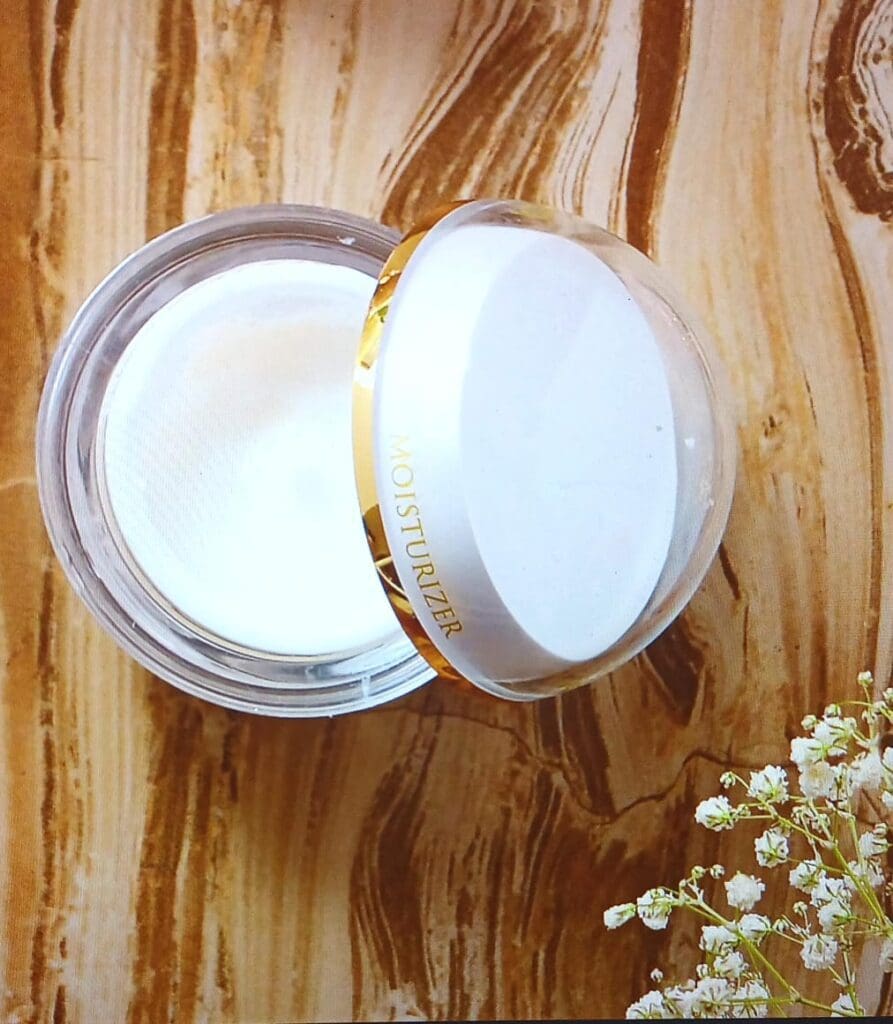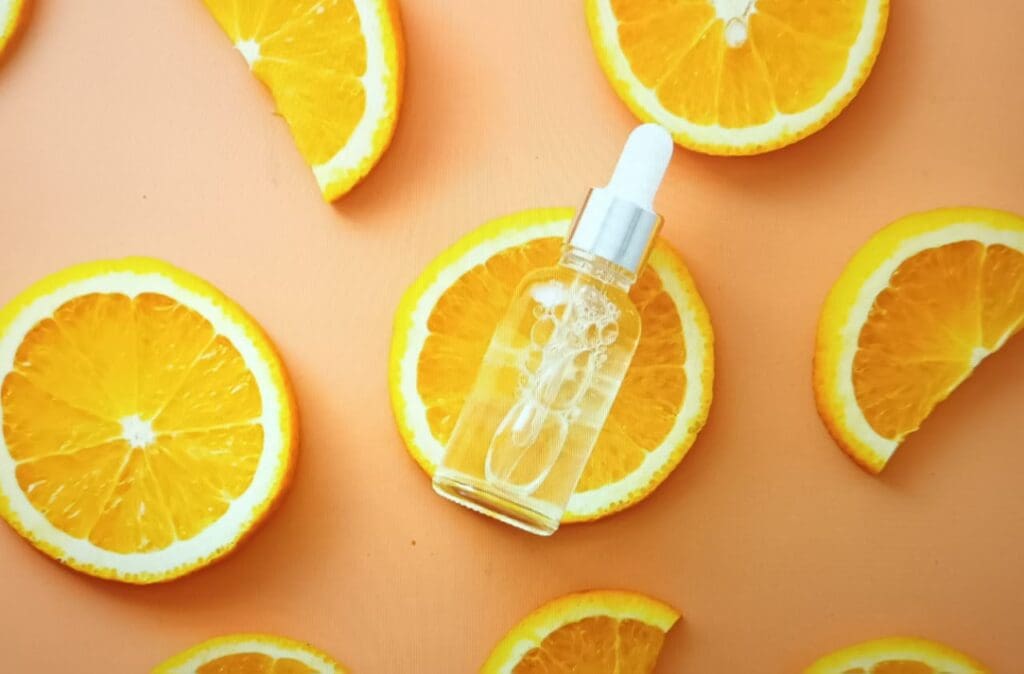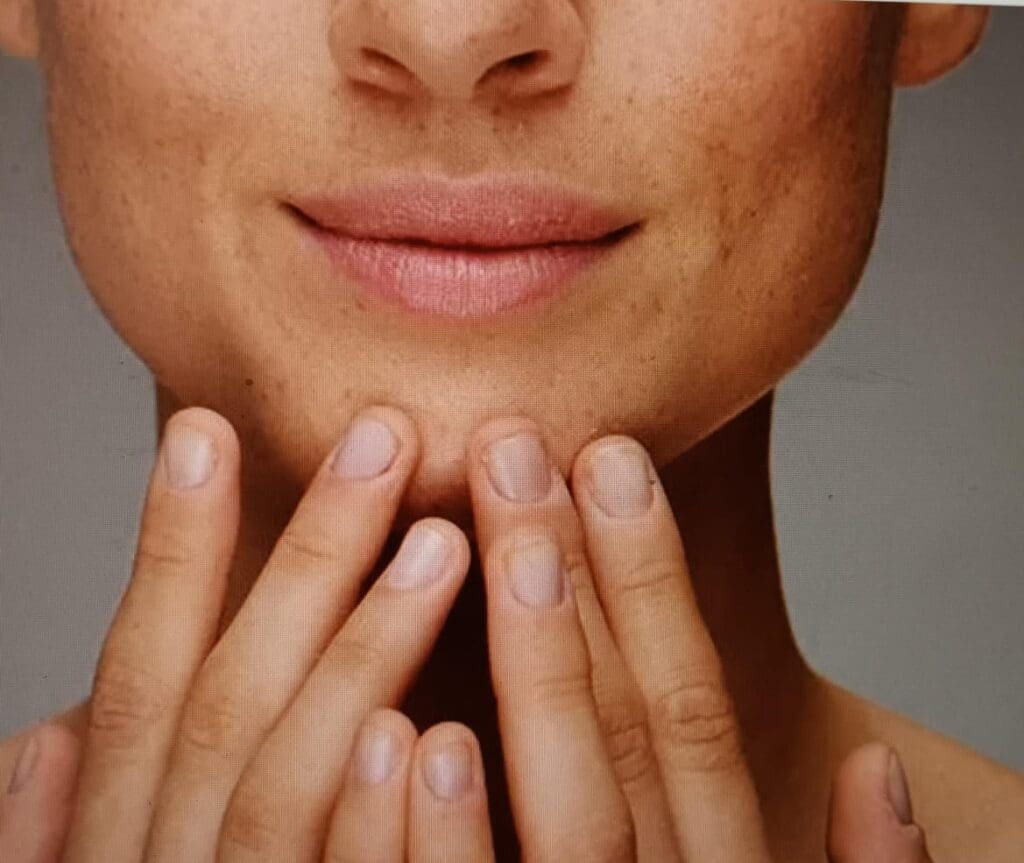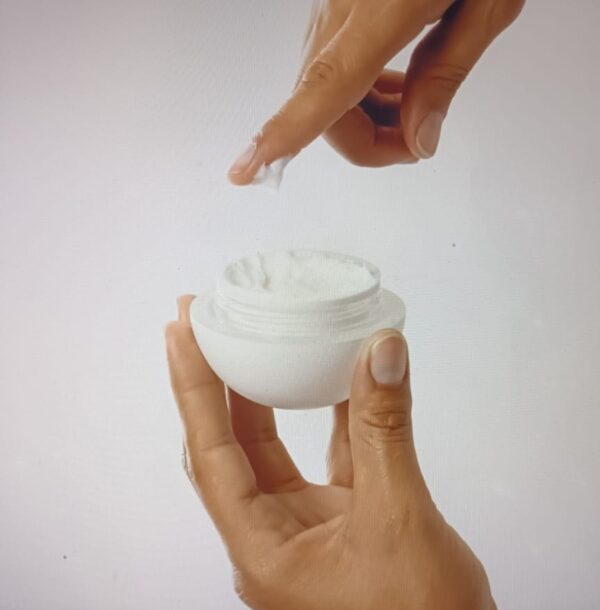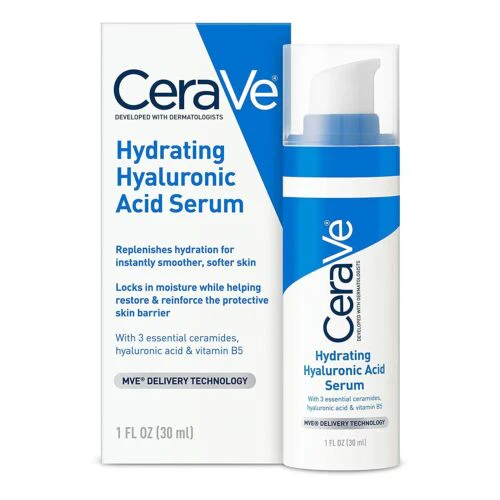
What Happens When You Misuse Hyaluronic Acid?
Hyaluronic acid (HA) is a popular skincare ingredient known for its ability to hydrate and plump the skin.
It is a humectant, which means it attracts moisture to the skin, making it a staple in many people’s skincare routines.
However, when misused, this hydrating hero can ironically lead to dryness and discomfort.
Let’s dive into the common mistakes people make when using hyaluronic acid serum and how to avoid them.
What Is Hyaluronic Acid and How Does It Work?
Hyaluronic acid is a naturally occurring molecule in our skin that holds up to 1,000 times its weight in water.
In skincare products, it works by drawing moisture from the environment or deeper layers of the skin to the surface.
This helps maintain skin hydration and elasticity. However, its effectiveness depends on how it’s used and the surrounding conditions.
How Misusing Hyaluronic Acid Can Cause Dry Skin
While hyaluronic acid is generally safe, improper use can have the opposite effect of what you are hoping for.
Here are some common ways HA misuse can lead to dryness:
1. Using Hyaluronic Acid Alone Without a Moisturizer
Many people mistakenly think hyaluronic acid is a standalone moisturizer.
However, it is not. HA pulls moisture to the surface, but if not sealed with a moisturizer, this moisture can evaporate, leaving your skin even drier than before.
Solution:
Always follow up with a good moisturizer after applying hyaluronic acid serum. The moisturizer locks in the hydration, preventing water loss from the skin.
2. Overusing Hyaluronic Acid
Applying HA multiple times a day or using it in excessive amounts would not double the hydration. In fact, it might overwhelm your skin barrier, leading to irritation or dryness.
Solution:
Stick to using hyaluronic acid once or twice a day. A pea-sized amount is usually sufficient for your entire face.
3. Using It in a Dry Climate Without Extra Hydration
In very low-humidity environments, hyaluronic acid cannot draw enough moisture from the air. Instead, it may pull water from the deeper layers of your skin, leading to increased dryness.
Solution:
If you live in a dry or arid climate, layer your HA serum with a hydrating mist or use a humidifier to add moisture to the air. You can also address the issue simply by applying a rich moisturizer after the serum to lock in hydration effectively.
Signs You are Misusing Hyaluronic Acid
If you notice any of the following signs, it may be time to adjust your routine:
- Increased dryness or tightness after using HA serum.
- Flakiness or irritation.
- No improvement in skin hydration despite regular use.
How to Use Hyaluronic Acid the Right Way
Follow these tips to maximize the benefits of hyaluronic acid while avoiding dryness:
Cleanse and Hydrate: Start with a gentle hydrating cleanser, and do not dry your face completely before applying HA.
Use a Humid Environment: If your climate is dry, use a humidifier or layer with a hydrating mist.
Seal the Deal: Always apply a moisturizer after HA serum to lock in hydration.
Limit Usage: Use HA once or twice daily as part of a balanced routine.
Choose Wisely: Invest in a serum with multiple molecular weights of hyaluronic acid for better absorption and hydration.
Conclusion
Hyaluronic acid is a fantastic skincare ingredient, but it’s not a magic fix. Proper application, the right environment, and sealing with a moisturizer are essential for it to work effectively.
Avoiding these common mistakes will help you enjoy the full hydrating benefits of hyaluronic acid without the risk of dryness.
Your skin deserves the best care, so take the time to understand how to use each product properly.
When used correctly, hyaluronic acid can keep your skin glowing, hydrated, and healthy.
Related:
How to Properly Layer Vitamin C Serum with Other Skincare Ingredients
How to Layer Retinol with Other Skincare Ingredients
7 Best Azelaic Acid Creams and Serums in Pakistan

Education: University of Peshawar
Ahmad Khan holds a Master’s degree in Chemistry and has been writing about skincare for over five years. With a deep understanding of ingredients and their impact on the skin, he enjoys sharing practical, science-based skincare advice. When not writing, he loves playing with his kids.
